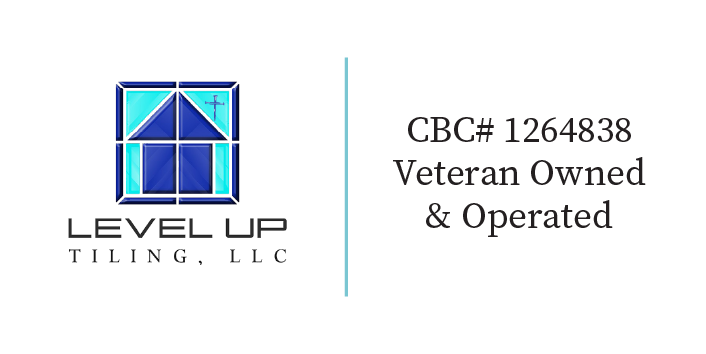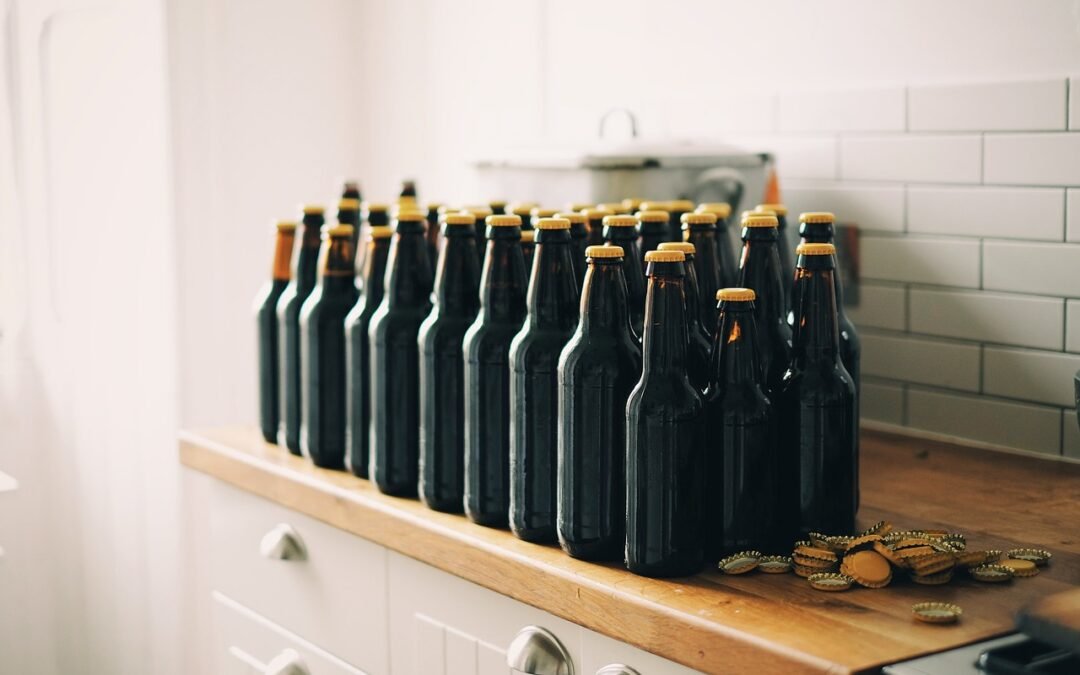Your Title Goes Here
Your content goes here. Edit or remove this text inline or in the module Content settings. You can also style every aspect of this content in the module Design settings and even apply custom CSS to this text in the module Advanced settings.
Countertop Materials
The kitchen is often referred to as the heart of the home, and choosing the right countertop material is a crucial aspect of creating a functional and aesthetically pleasing kitchen. Countertops play a central role in food preparation, daily activities, and the overall design of the space. With a multitude of countertop materials available, each with its unique characteristics, selecting the perfect one for your kitchen can be a daunting task. In this guide, we’ll walk you through the considerations and factors to help you make an informed decision.
1. Determine Your Budget
Before diving into the world of countertop options, it’s essential to establish a budget. Countertop materials vary widely in price, and knowing how much you’re willing to invest will help narrow down your choices. Keep in mind that while some materials have a higher upfront cost, they may offer long-term durability and value.
2. Assess Your Lifestyle and Needs
Consider how you use your kitchen and your family’s lifestyle. Are you an avid cook who spends a lot of time in the kitchen? Do you have children who might be less gentle with the countertops? Your countertop choice should align with your daily activities and maintenance preferences.
3. Explore Popular Countertop Options
Let’s explore some of the most common countertop materials:
a. Granite: Granite countertops are known for their natural beauty and durability. They are resistant to heat, scratches, and stains. However, they require periodic sealing and can be relatively expensive.
b. Quartz: Engineered quartz countertops offer the appearance of natural stone with added durability. They are non-porous, making them resistant to stains and easy to clean. Quartz countertops are available in various colors and patterns.
c. Marble: Marble countertops exude elegance and timeless beauty. They are heat-resistant but prone to staining, so they require regular sealing and careful maintenance.
d. Solid Surface: Solid surface countertops, like Corian, are versatile and seamless, with various colors and designs. They are resistant to stains and scratches but can be less heat-resistant.
e. Butcher Block: Wooden butcher block countertops provide a warm, rustic look. They are excellent for food preparation but require regular sealing and maintenance to prevent damage.
f. Laminate: Laminate countertops are budget-friendly and come in a wide range of colors and patterns. While they are not as durable as natural stone, they are easy to maintain and replace.
g. Concrete: Concrete countertops offer a modern, industrial look. They are highly customizable in terms of color and texture but require sealing and occasional maintenance.
h. Stainless Steel: Long last with a sleek look.
4. Consider Maintenance Requirements
Different countertop materials have varying maintenance needs. Some, like quartz and solid surface, are low-maintenance and easy to clean. Others, like marble and granite, may require regular sealing and more careful handling to prevent damage.
5. Think About Aesthetics
Your countertop choice should complement the overall design and style of your kitchen. Consider the color, pattern, and texture that best suits your taste and the existing or planned kitchen decor.
6. Assess Durability
Durability is a crucial factor. If you have a bustling kitchen with high traffic and heavy use, opt for materials like quartz, granite, or solid surface that can withstand wear and tear.
7. Explore Eco-Friendly Options
If sustainability is a priority, explore eco-friendly countertop materials like recycled glass, bamboo, or concrete with recycled content. These options can contribute to a greener kitchen design.
8. Seek Professional Advice
Don’t hesitate to consult with kitchen designers or countertop specialists. They can provide valuable insights and recommendations based on your specific needs and preferences.
In conclusion, choosing the right countertop material for your kitchen involves careful consideration of your budget, lifestyle, aesthetic preferences, and maintenance capabilities. Take your time to explore different options and weigh the pros and cons of each. With the right choice, you can create a kitchen that not only functions efficiently but also adds beauty and value to your home.


